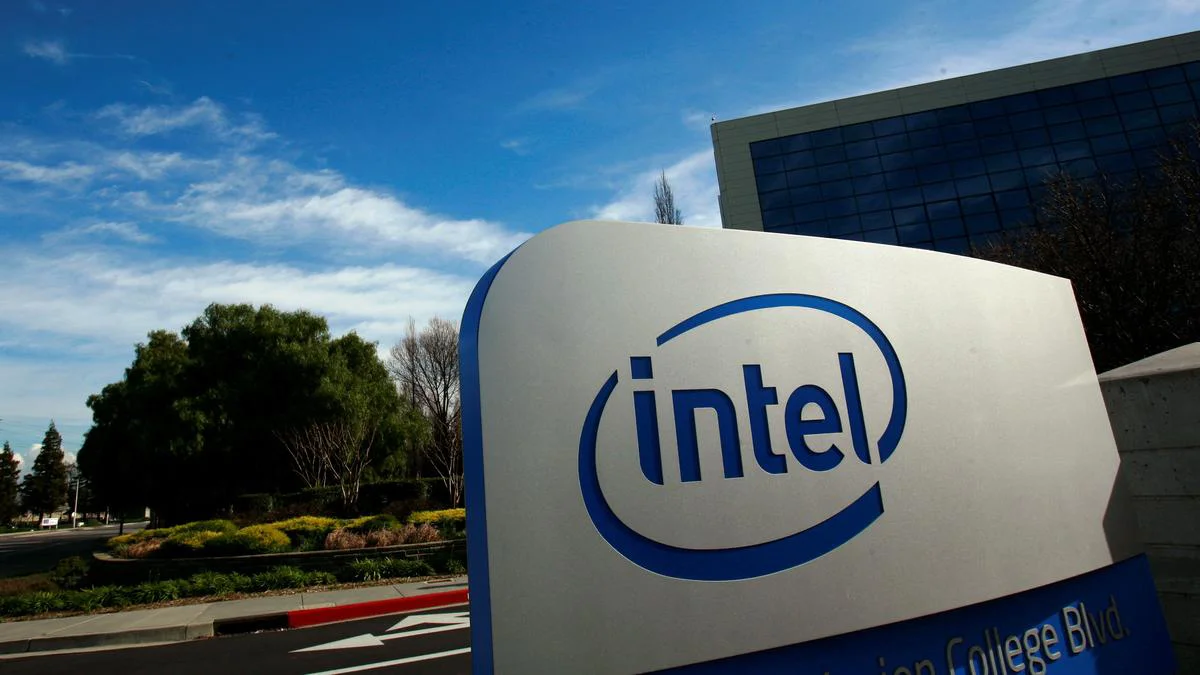Necessary Always Active
Necessary cookies are required to enable the basic features of this site, such as providing secure log-in or adjusting your consent preferences. These cookies do not store any personally identifiable data.
|
||||||
|
||||||
|
||||||
|

Intel has won a significant legal battle against a huge shareholder lawsuit concerning its foundry business. The lawsuit, alleging that the company had misled investors over its financial stability, was rejected in court. According to Reuters, the decision which was made public on Tuesday where U.S. District Judge Trina Thompson in San Francisco rejected the claims where Intel was accused of making an operating loss of $7 billion in 2023 for making chips for outsiders.
The lawsuit claimed that Intel artificially inflated its stock price between January 25 and August 1, 2024. On August 1, the company reported a $1.61 billion loss, announced over 15,000 layoffs, and suspended its dividend to save $10 billion by 2025. The next day, Intel’s share price dropped by 26%, wiping out $32 billion in market value.
The Intel shareholder lawsuit was a result of fears over foundry losses, which have had a considerable effect on the company’s financial performance. Intel’s foundry business has been unable to keep up with competition from players such as TSMC and Samsung. In September 2024, Intel foundry signed a deal with Amazon to make chips for them.
Intel had marketed its foundry services as one of its prime growth drivers with a mission to regain its leadership in chip fabrication. But production innovation delays and intense competition caused rising losses, reigniting investor outrage. The complaint claimed that Intel had deceived investors about the profitability and viability of its foundry operations, something which Intel denied vehemently.
As part of the lawsuit, Intel investors accused chipmakers of downplaying the risks tied to the foundry division. Shareholders argued that Intel had given overly optimistic projections and did not adequately disclose the severity of its financial troubles. The stock took a significant hit as the losses became clear, resulting in billions being erased from Intel’s market value.
However, the judge ruled that shareholders wrongly linked the $7 billion loss to the Intel Foundry Services unit. They were not misled into thinking the unit’s reported results reflected the entire Internal Foundry Model.
Intel has assured investors of its dedication to bolstering its foundry business and enhancing its financial results. Thompson also stated that former Chief Executive Patrick Gelsinger’s remarks last March about Intel experiencing “significant traction” and “growing demand for our foundry offering” were not misleading. The statements referred to specific customers rather than overall revenue, which was declining. Although, CEO Patrick Gelsinger has resigned from his position in December of 2024.